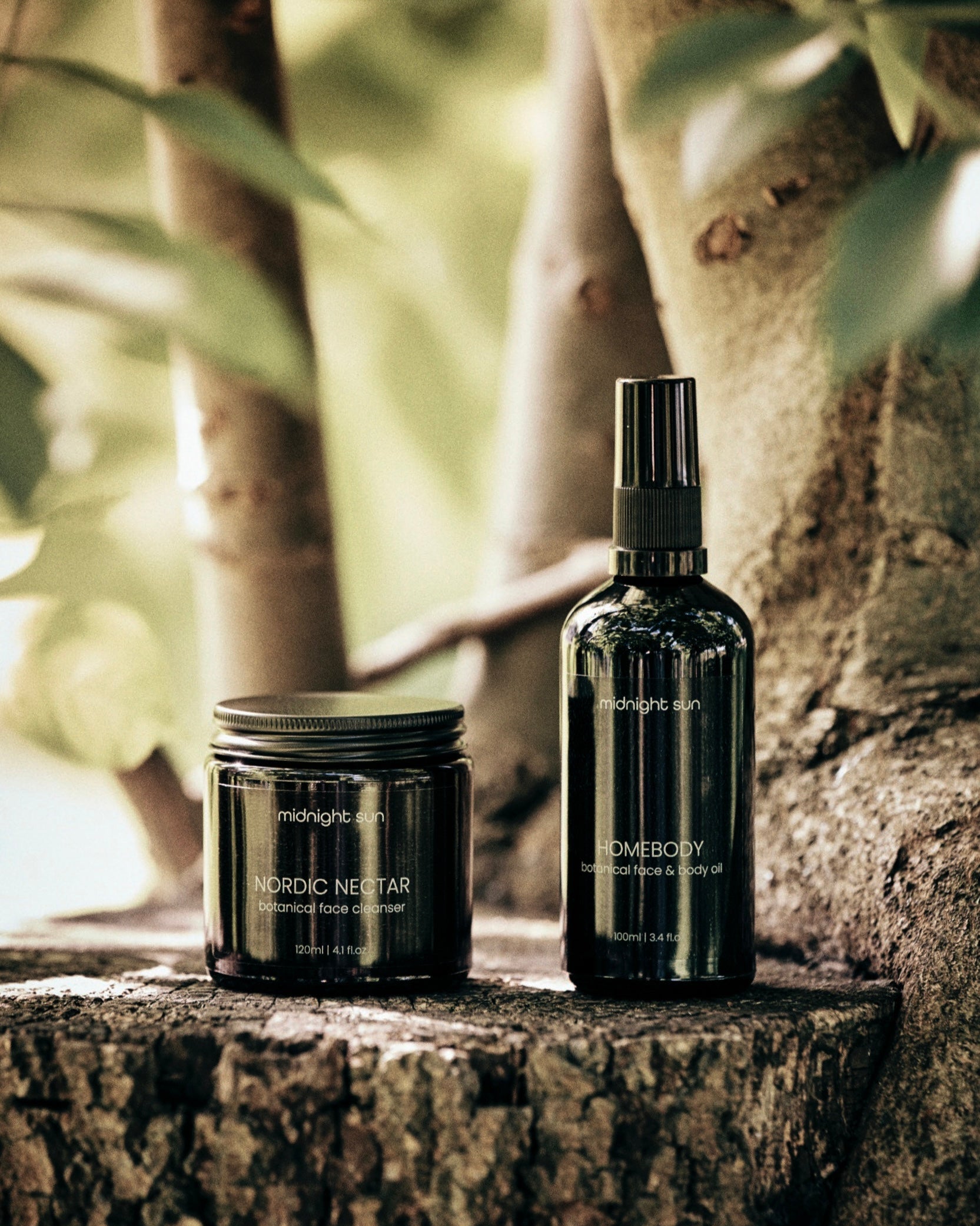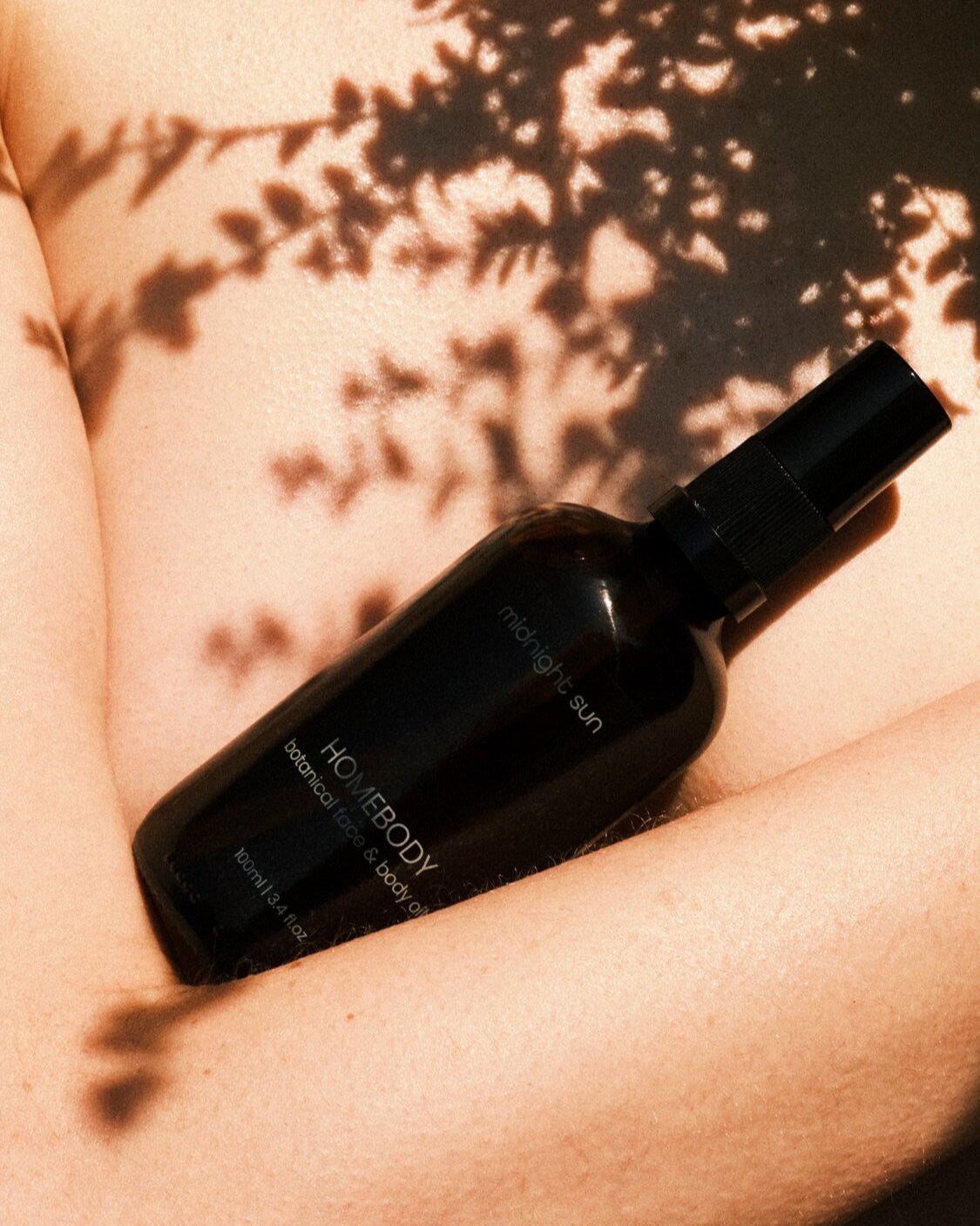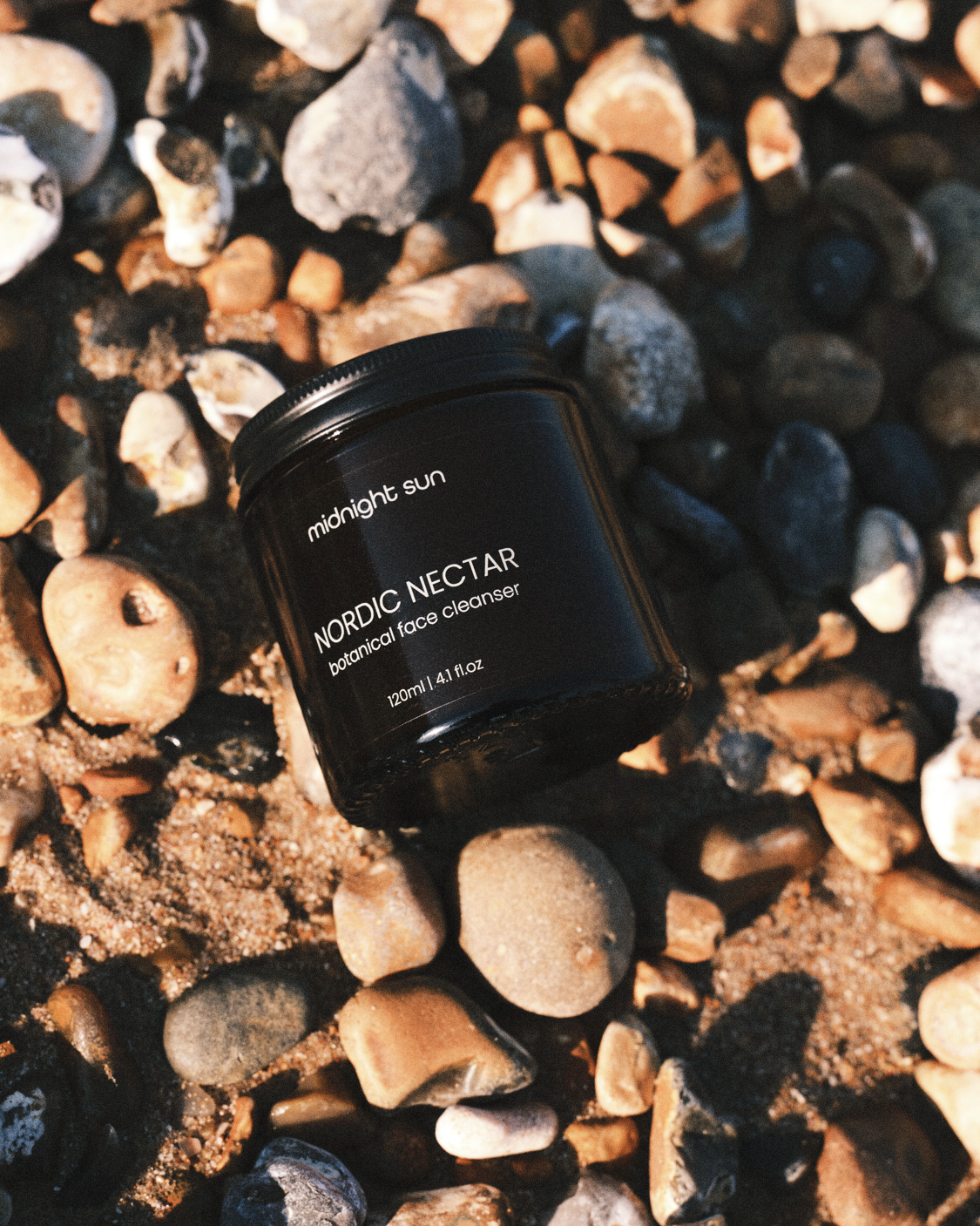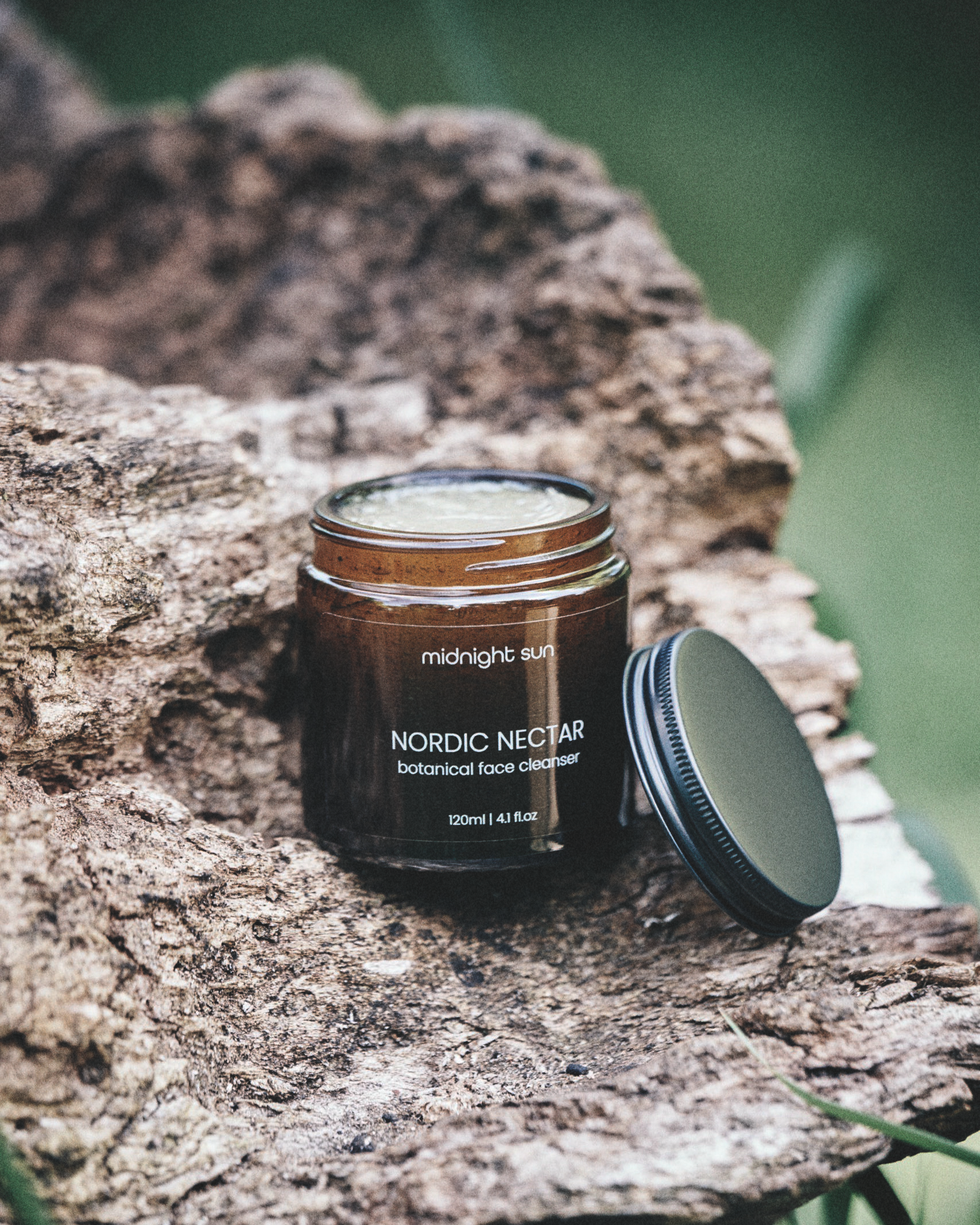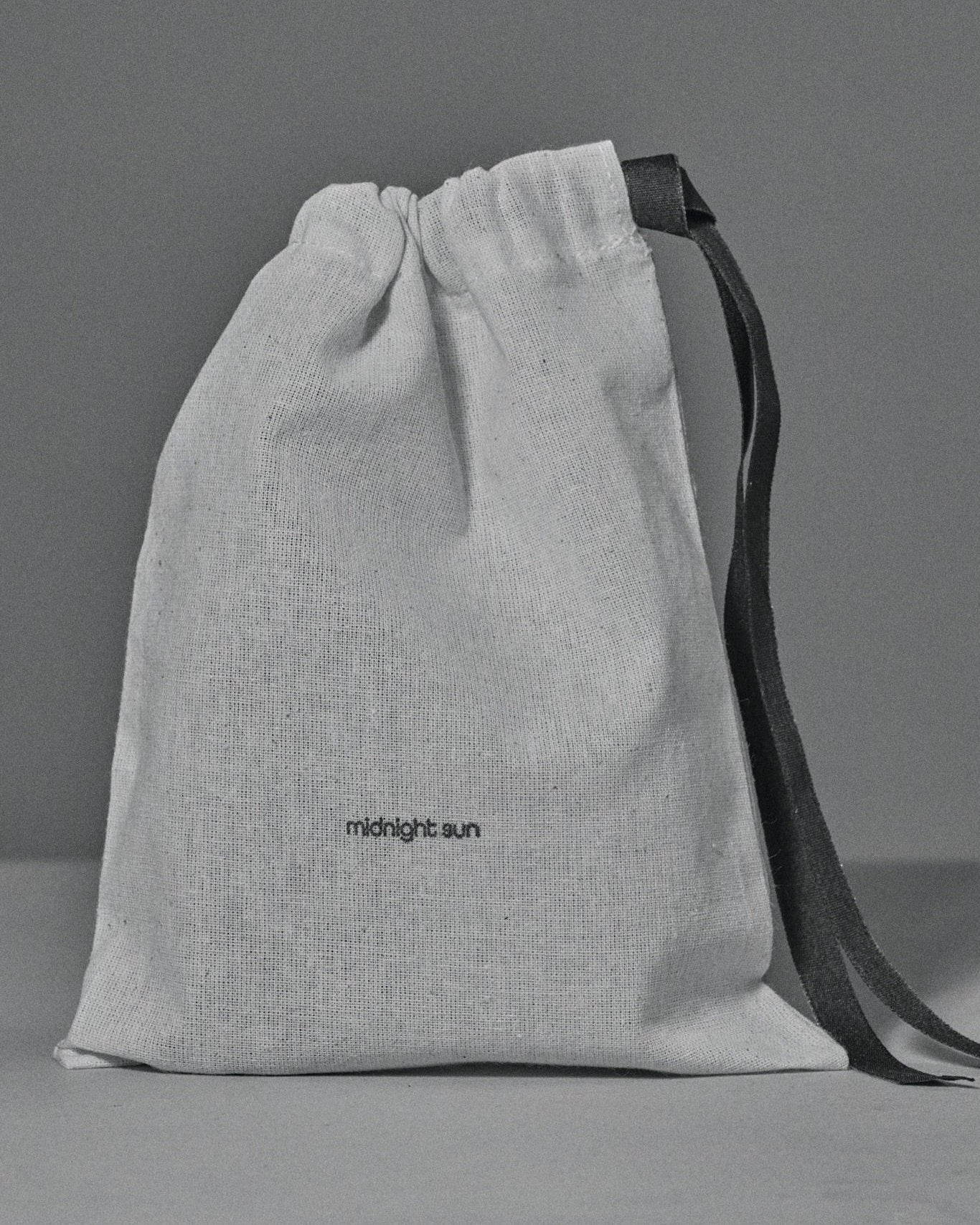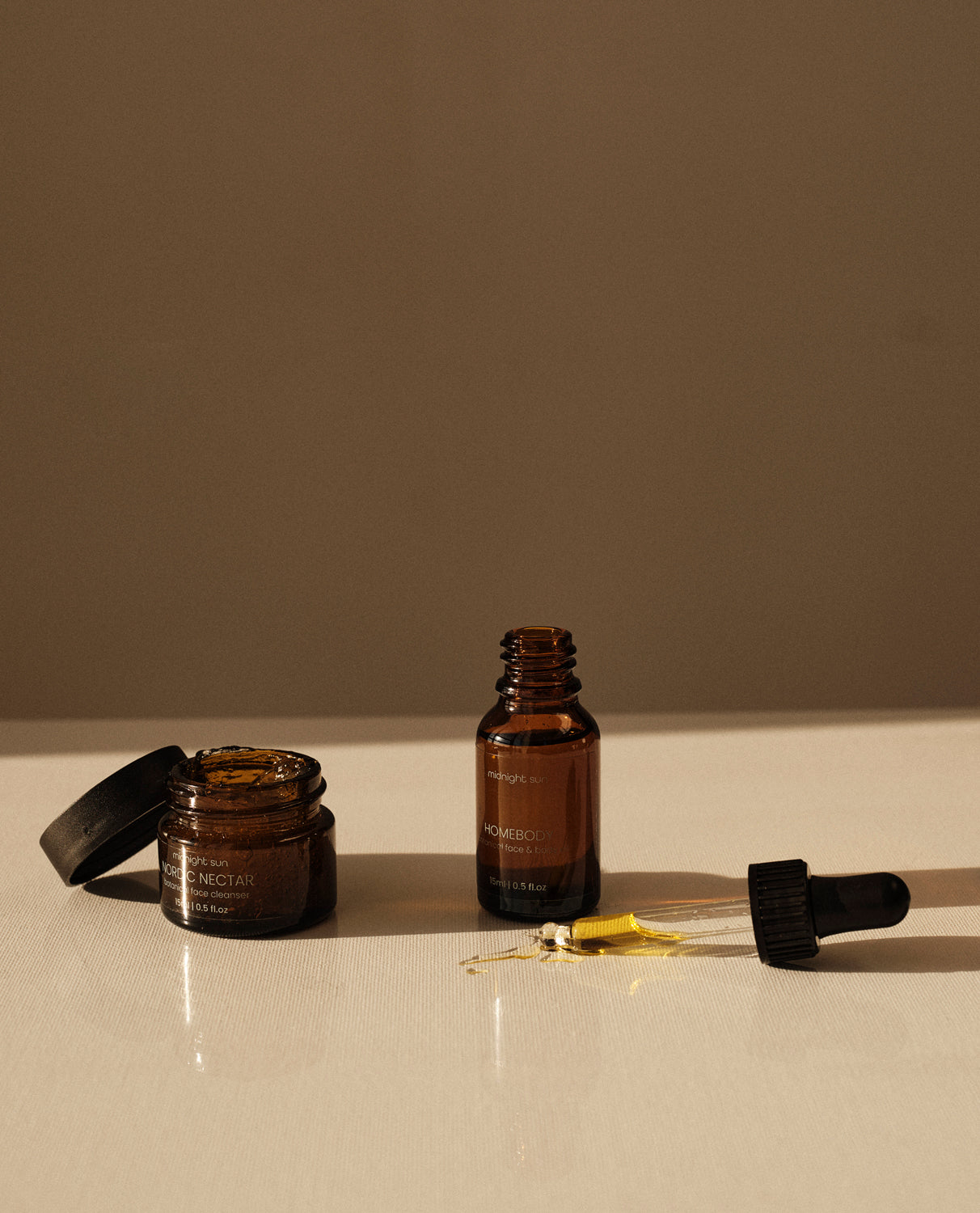The Healing Power of Forests
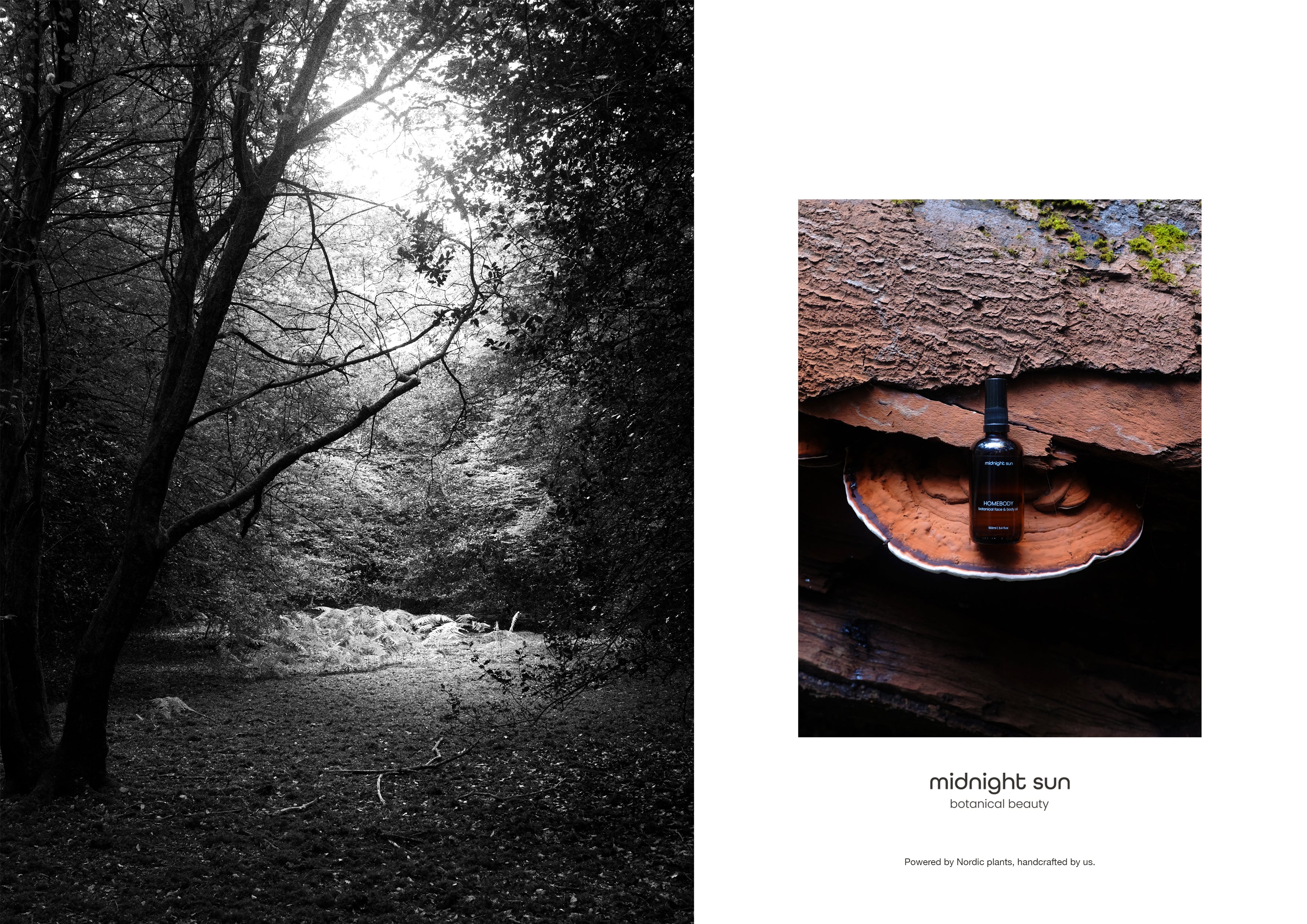
Growing up in Finland, the forest was always a part of life—soothing, beautiful, and often taken for granted. The silence, the fresh air, the vibrant colours—these were daily comforts. With more than 75% of Finland’s land covered in forest, it is the most forested country in Europe. But beyond their beauty, forests are essential to the health of our planet. A big inspiration for our brand and its vision.
Forests make up 31% of the Earth’s land and hold more than 80% of the world’s biodiversity, making them some of the most vital ecosystems on Earth. They provide us with food, fuel, medicine, and spiritual peace. For approximately 300 million people worldwide, they are home. Forests play a critical role in human health by purifying our air and water while acting as nature’s first line of defense against climate change.
The Growing Threat of Deforestation
Despite their importance, forests are being destroyed at an alarming rate due to a number of factors, primarily agriculture but also poorly planned infrastructure, logging, livestock grazing, and road construction. The food we eat and the products we use are linked to this destruction, either directly or through unsustainable practices.
Globally, it is estimated that we cut down 15 billion trees each year—an area of around 100,000 square kilometers. This isn’t just a loss of trees and biodiversity; it also accelerates climate change, threatening the future of our planet.

The Hidden Impact of Skincare Ingredients
Many everyday skincare products contribute to deforestation, with palm oil being a major offender. Widely used in food and beauty products, palm oil's cultivation has led to the destruction of biodiverse forests. This habitat loss threatens species like the orangutang, pygmy elephant, and Sumatran rhino.
As mindful consumers, we can help reduce this impact by choosing ingredients that are certified sustainable. The Roundtable on Sustainable Palm Oil (RSPO), for example, promotes responsible palm oil production with minimal environmental harm.
Certain wood oils, like Rosewood, come from endangered species, and their essential oils require certification to verify sustainable sourcing. Similarly, popular healing oils such as Palo Santo and Copaiba, native to South America, should always be purchased from ethical sources to protect these vital ecosystems while ensuring their continued availability.
Waste-Free Beauty: A More Sustainable Approach
Beyond ingredient choices, the beauty industry is notorious for its waste, much of which stems from overproduction and excessive packaging. By simplifying our skincare routines and opting for small-batch products with minimal packaging, we can help reduce waste, deforestation and move toward a more sustainable future.

Reforestation and Restoration: A Holistic Approach
The future of our forests depends on how we approach reforestation. It’s not just about planting trees—it’s about restoring entire ecosystems. This means supporting biodiversity, respecting local communities, and acknowledging the deep knowledge of those who have lived in and cared for these forests for generations. True reforestation considers the land’s needs beyond the surface.
Our approach to reforestation embraces this complexity, with a focus on long-term care for both the land and the people who rely on it. We work with organisations that are committed to sustainable reforestation, ensuring that our efforts support both ecological health and community well-being.
A Conscious Future for Beauty and the Planet
We all have a role to play in protecting the planet through the choices we make—whether it’s in the food we consume, the skincare products we use, or the way we manage waste. By choosing ethically sourced ingredients, reducing consumption, and supporting sustainable practices, we can help protect the Earth’s forests.
“And into the forest I go, to lose my mind and find my soul.”
– John Muir
All pictures by Finnish photographer Jesse Laitinen


